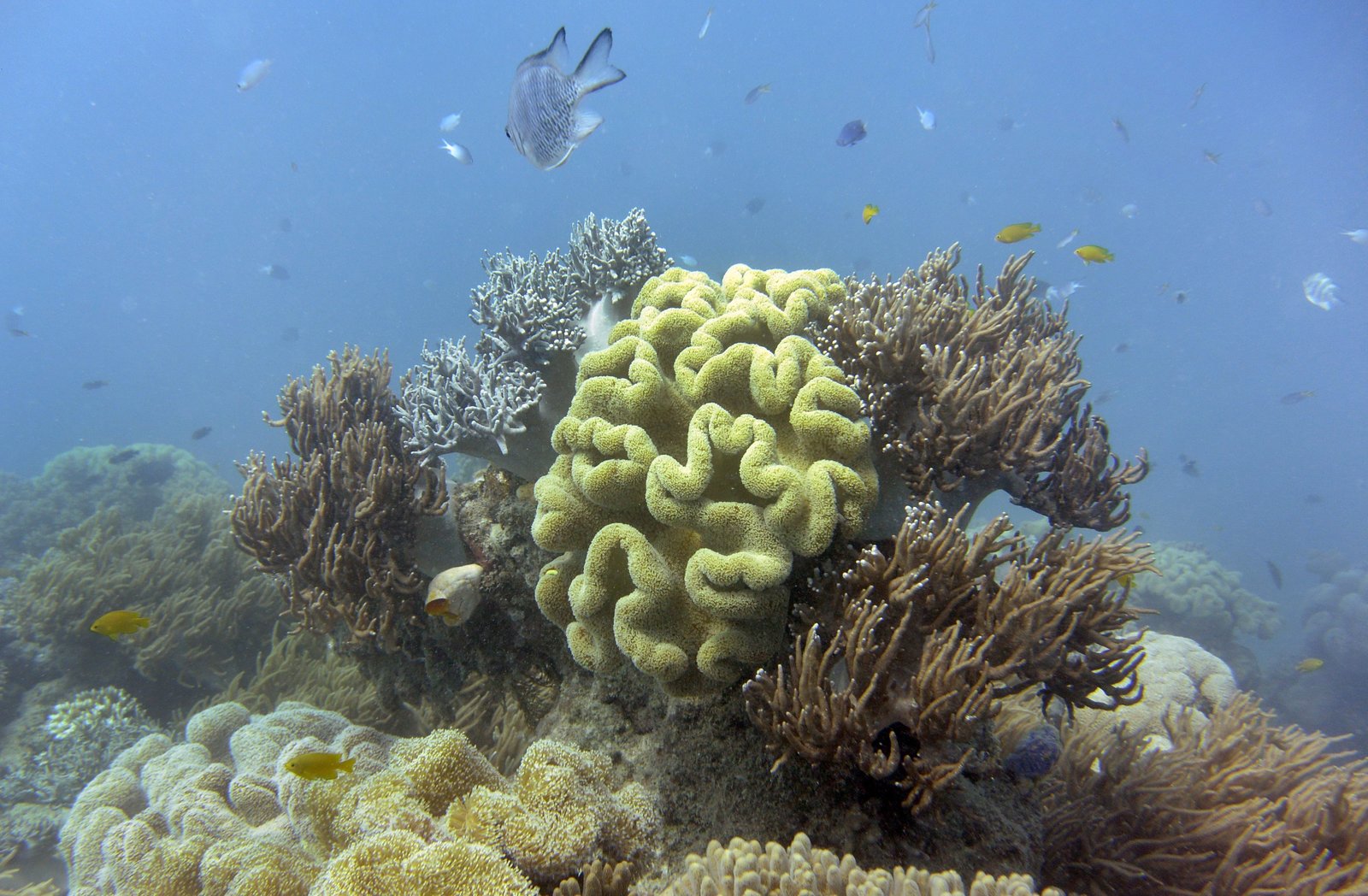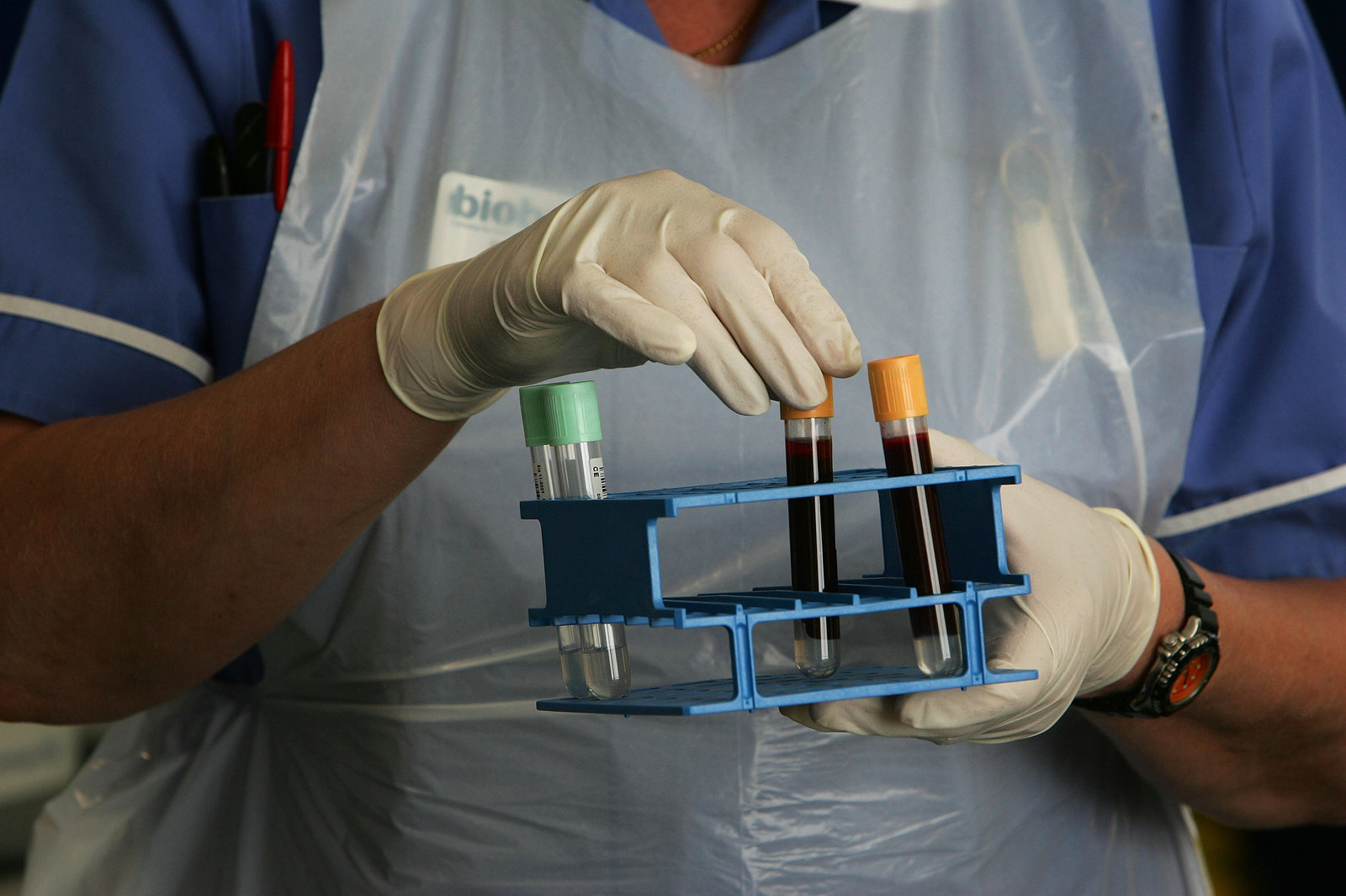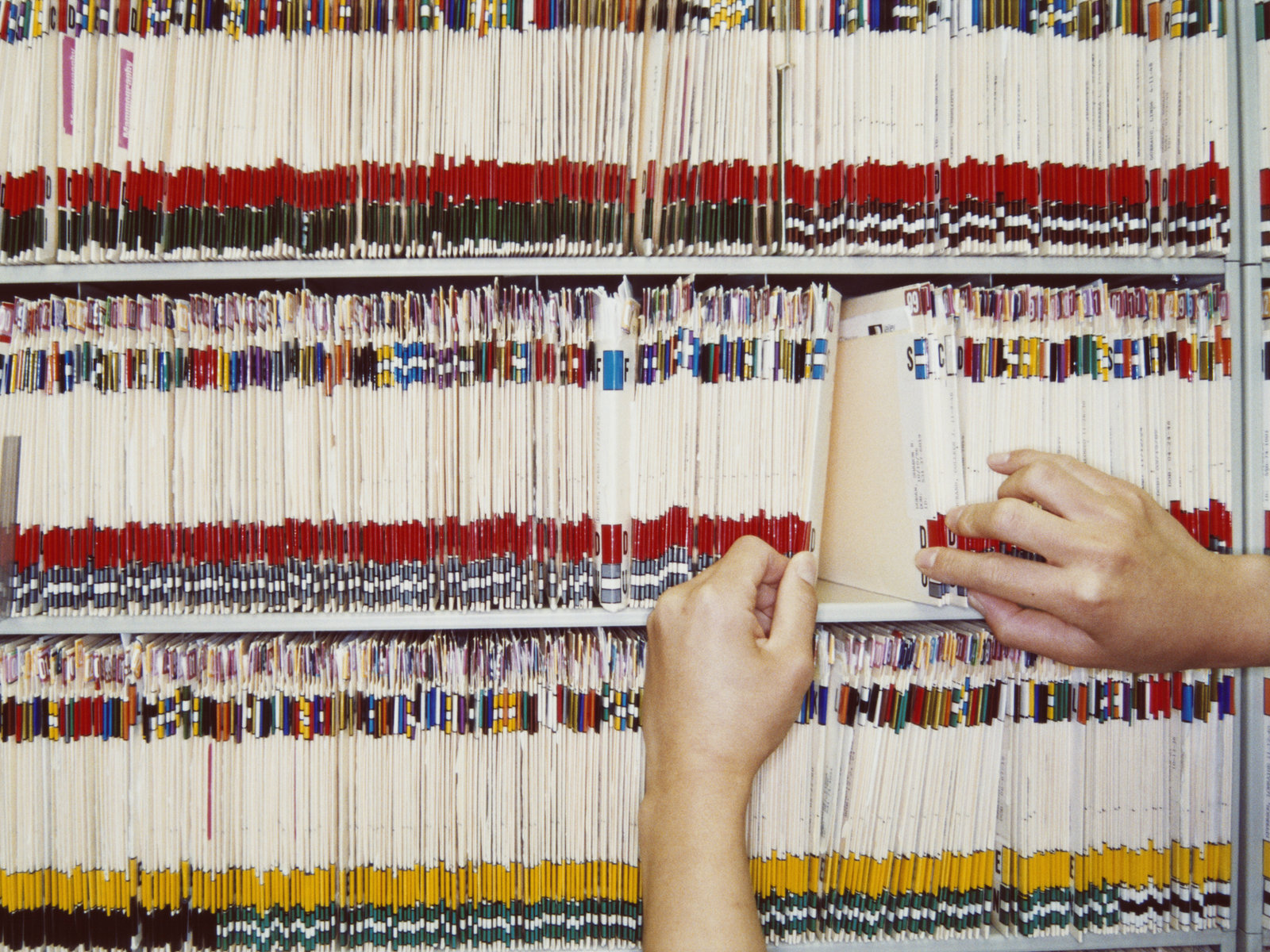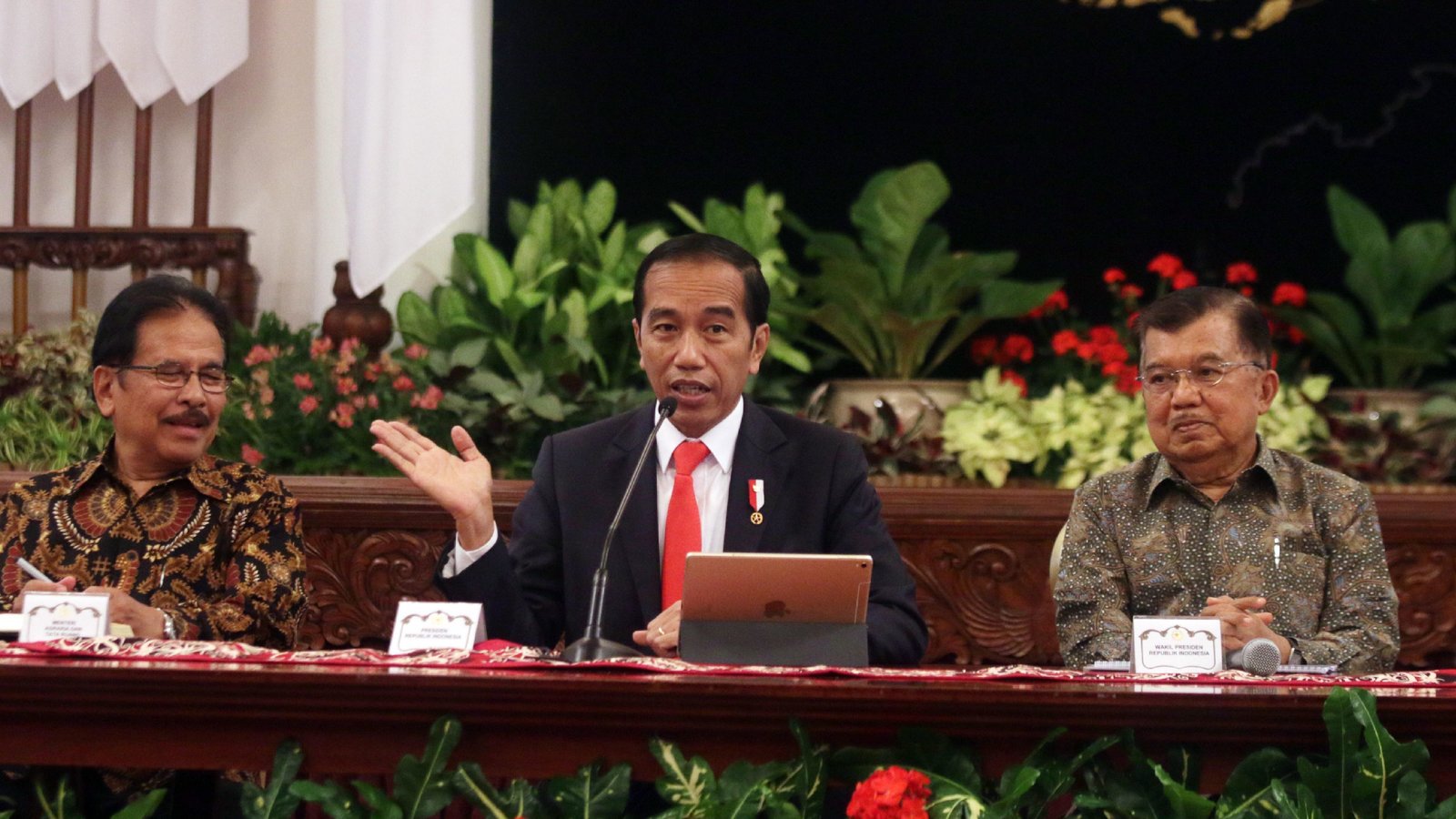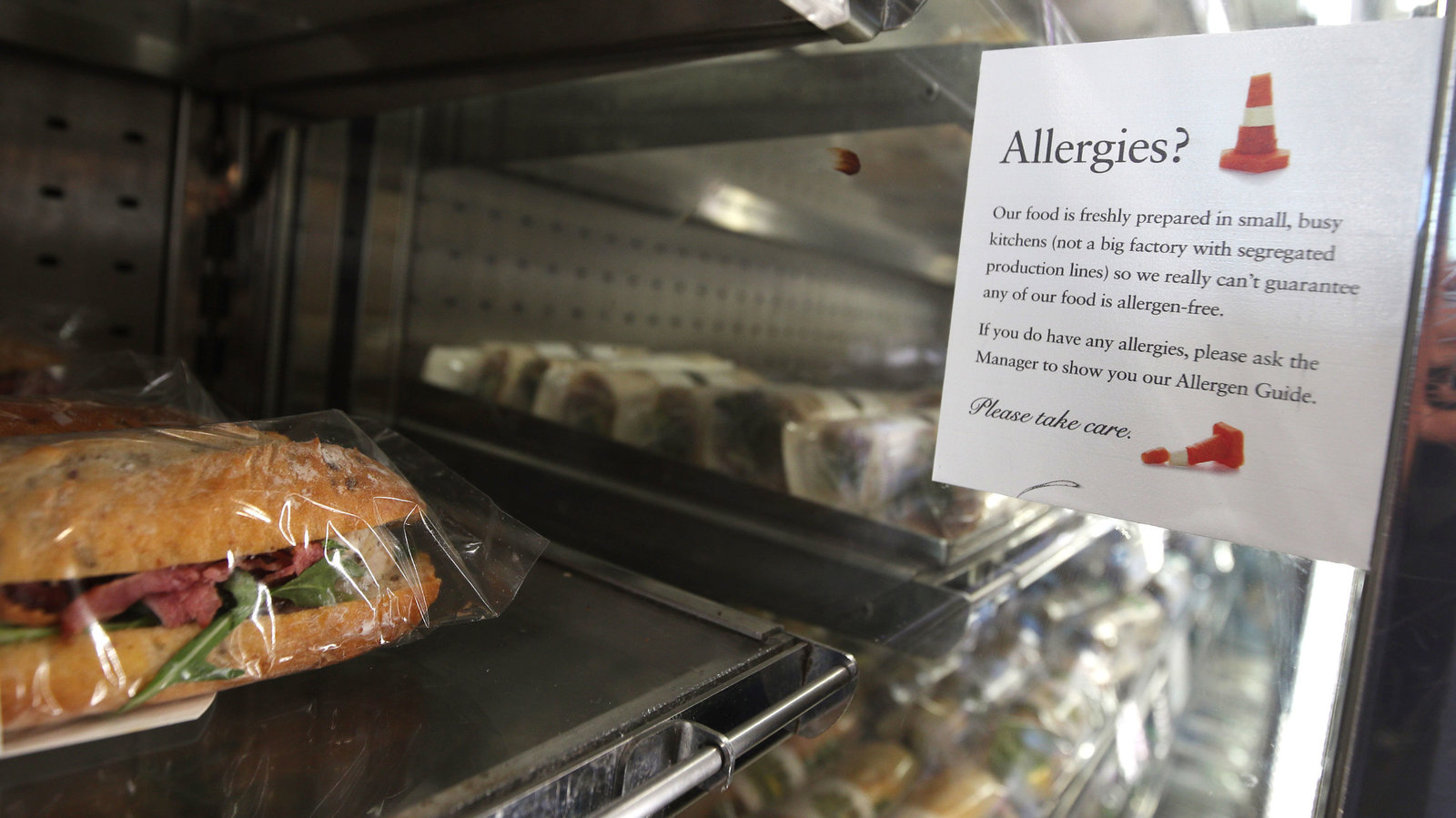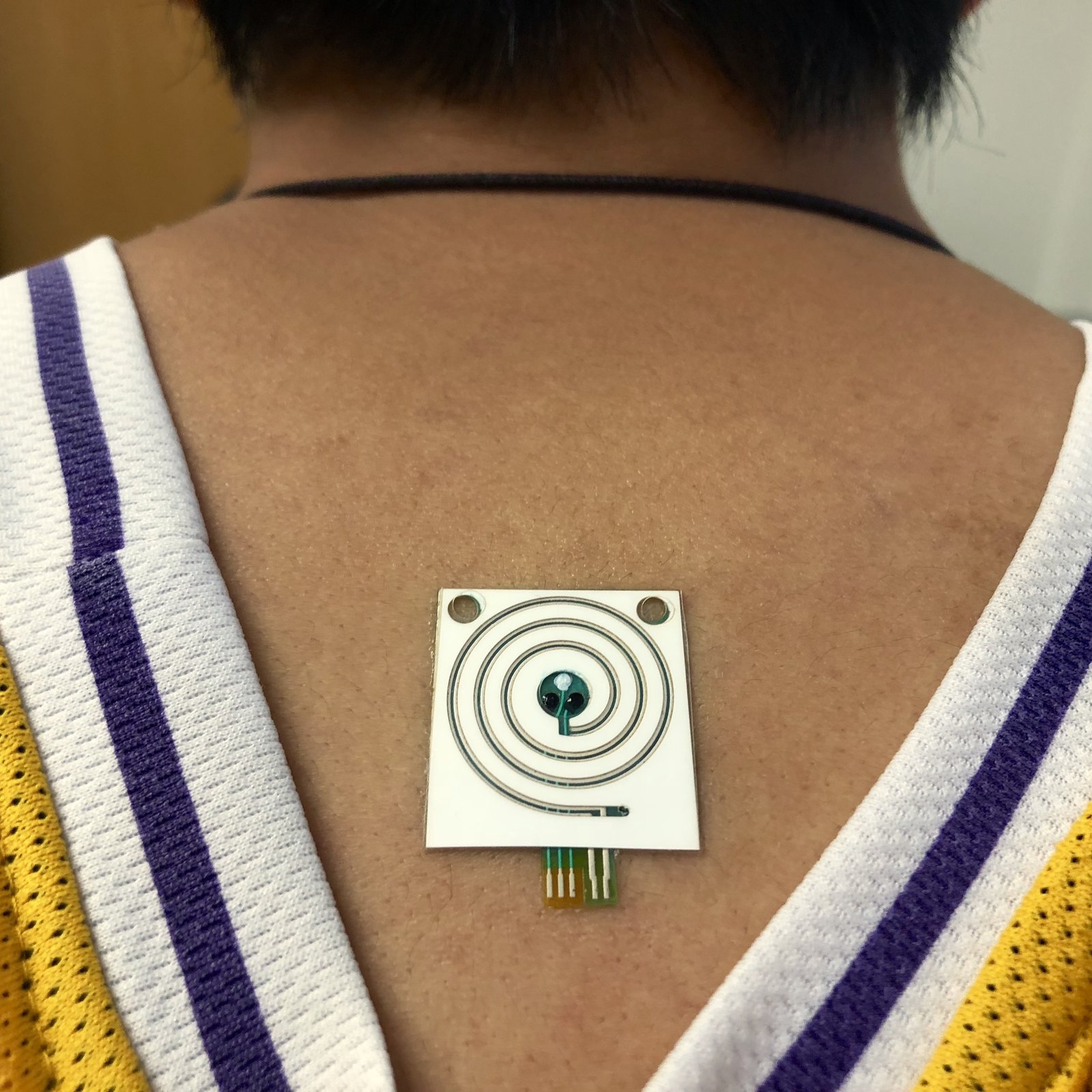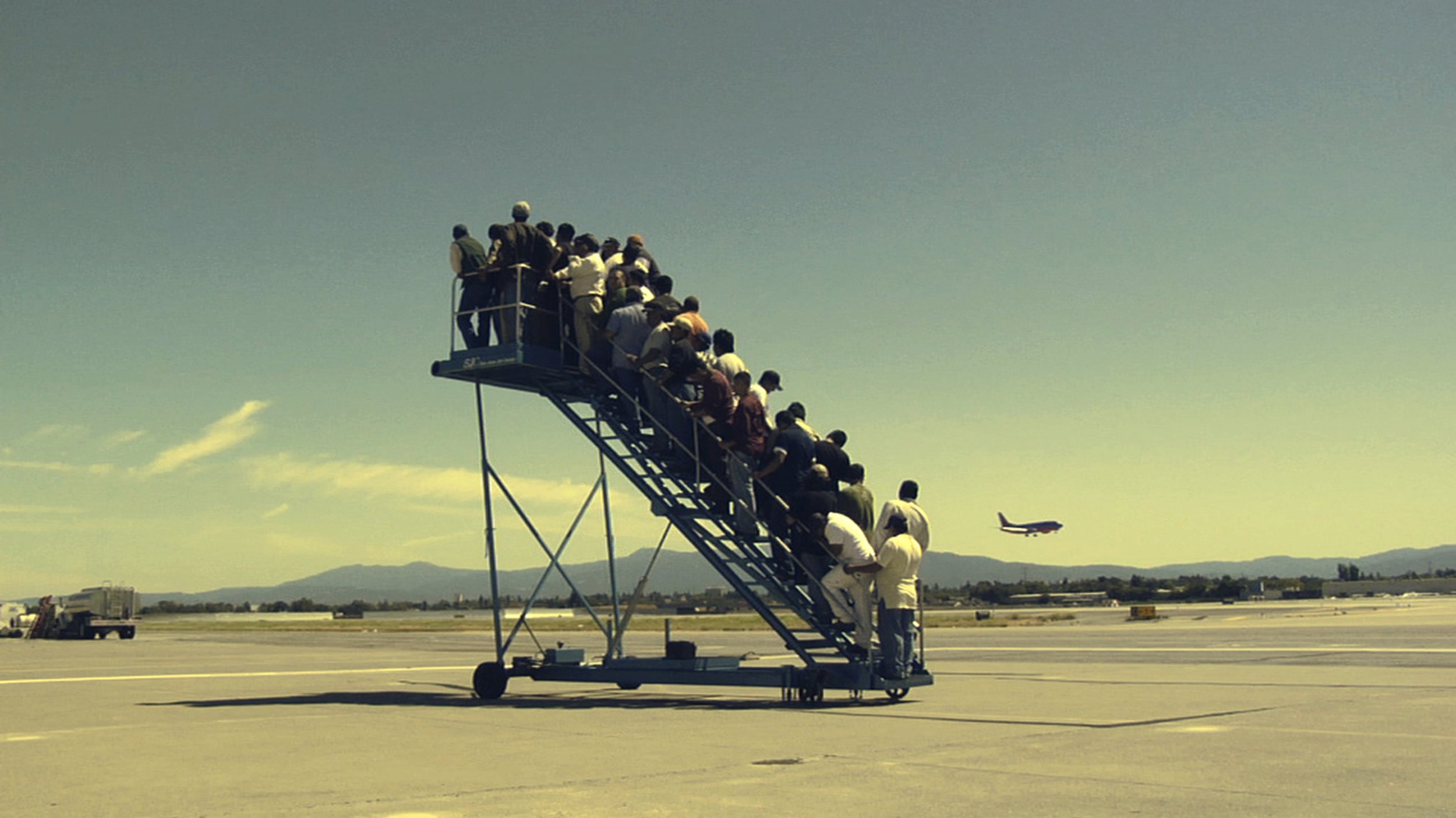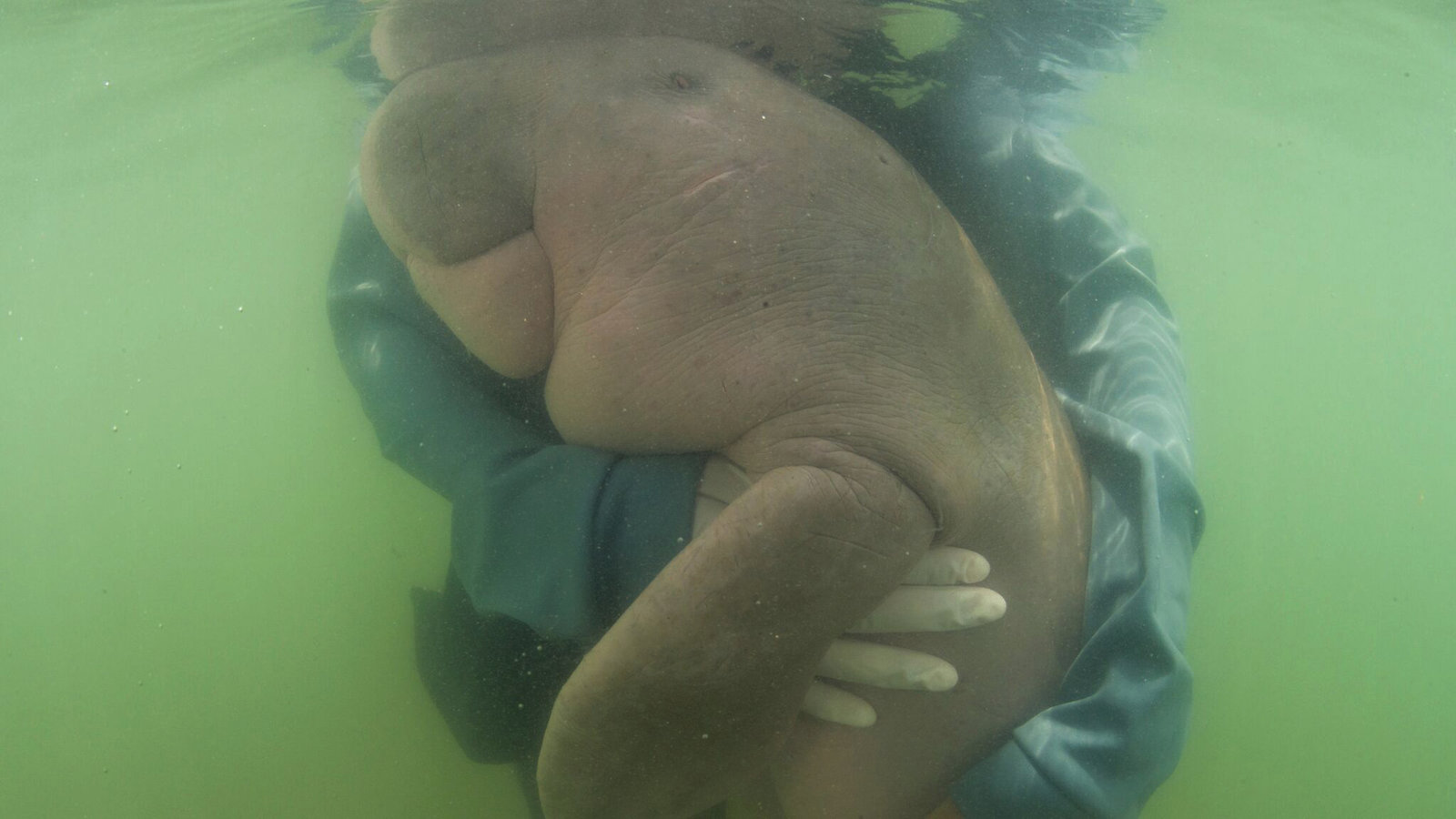 Saturday, September 7, 2019 at 11:54AM
Saturday, September 7, 2019 at 11:54AM Opinion: Earth Has Survived Extinctions Before, It's Humans Who Are Fragile
"It takes only a few paragraphs in Genesis for the Earth to take shape, sprout with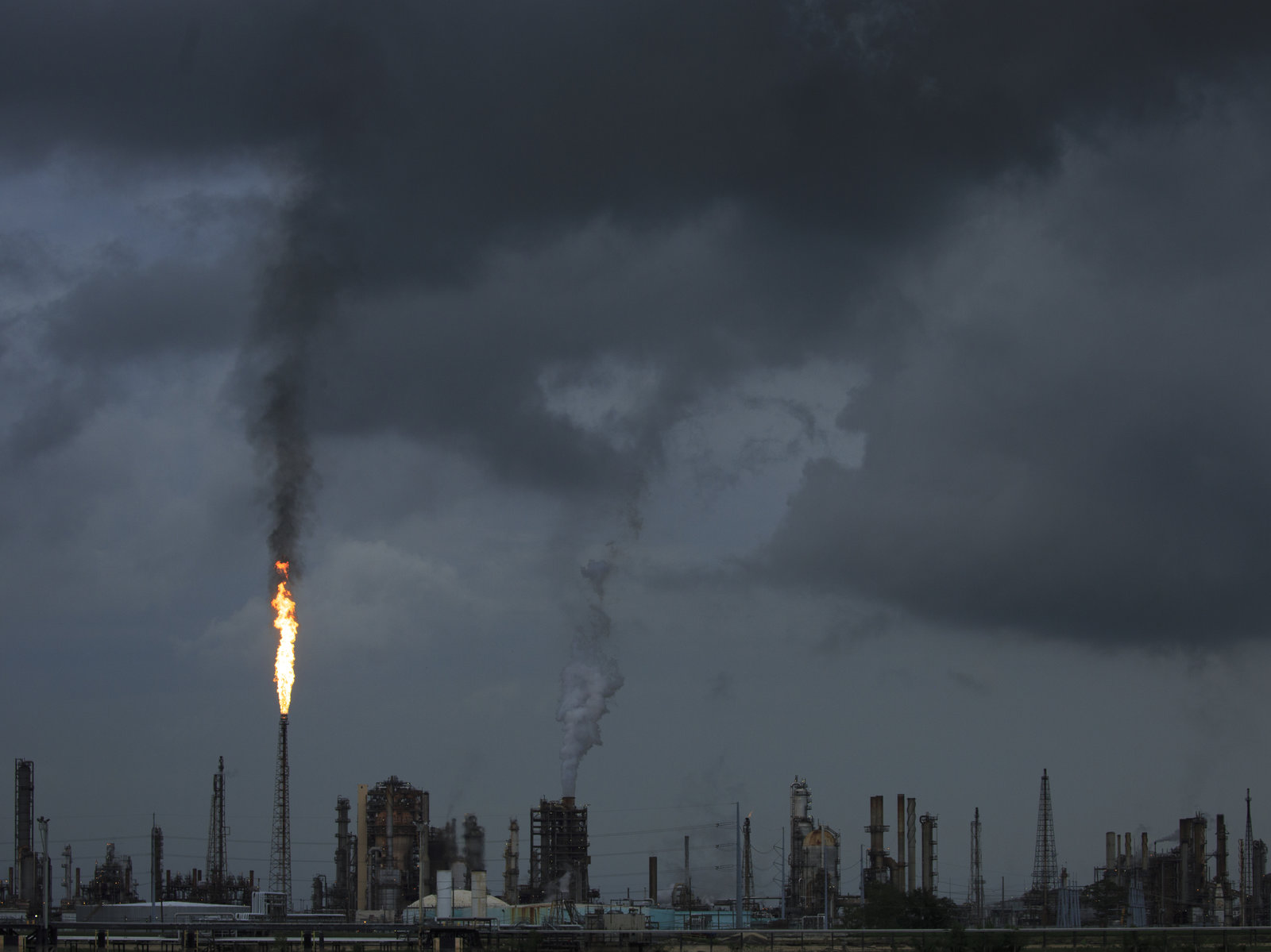 life, and then human beings. Of course, that development actually took millions of years."
life, and then human beings. Of course, that development actually took millions of years."
"But this week, as the world watched a huge hurricane gather in the Earth's warming waters, and wreak terrible destruction on life in the islands of the Bahamas and other places, there was another humbling reminder that human beings really only play a supporting role in the history of the Earth."
"Scientists have uncovered what they call the Great Oxidation Event. They say it destroyed almost all life on Earth about 2 billion years ago, even before the rise and extinction of the dinosaurs, a mere millions of years ago."
"Malcolm Hodgskiss, a Ph.D. candidate at Stanford and co-lead author of the study, says researchers found barite, an ancient mineral, in rocks in Canada's subarctic. The rocks have chemical signatures locked inside that help scientists determine what the Earth's atmosphere was like when they were formed."
"Scientists say the Earth's only living inhabitants about 2 billion years ago were microorganisms. But when they photosynthesized, that process that turns light into chemical energy, the tiny organisms saturated the Earth with oxygen — too much oxygen. The excess essentially poisoned the atmosphere for 80 to 99.5% of the organisms that then thrived on Earth; and left the planet almost lifeless."



